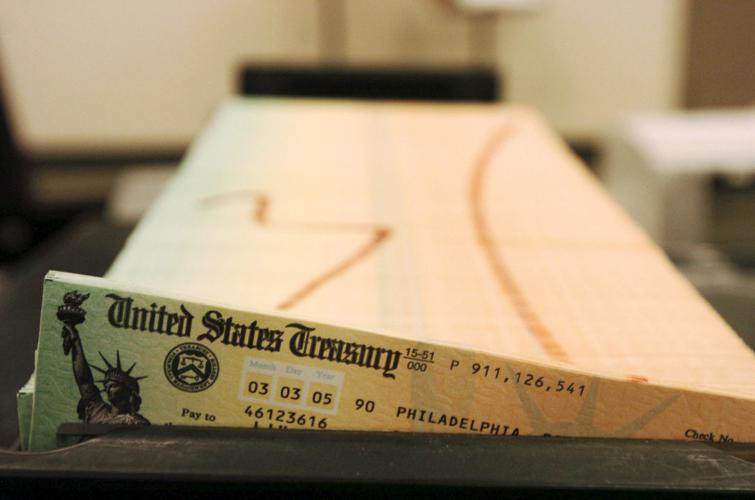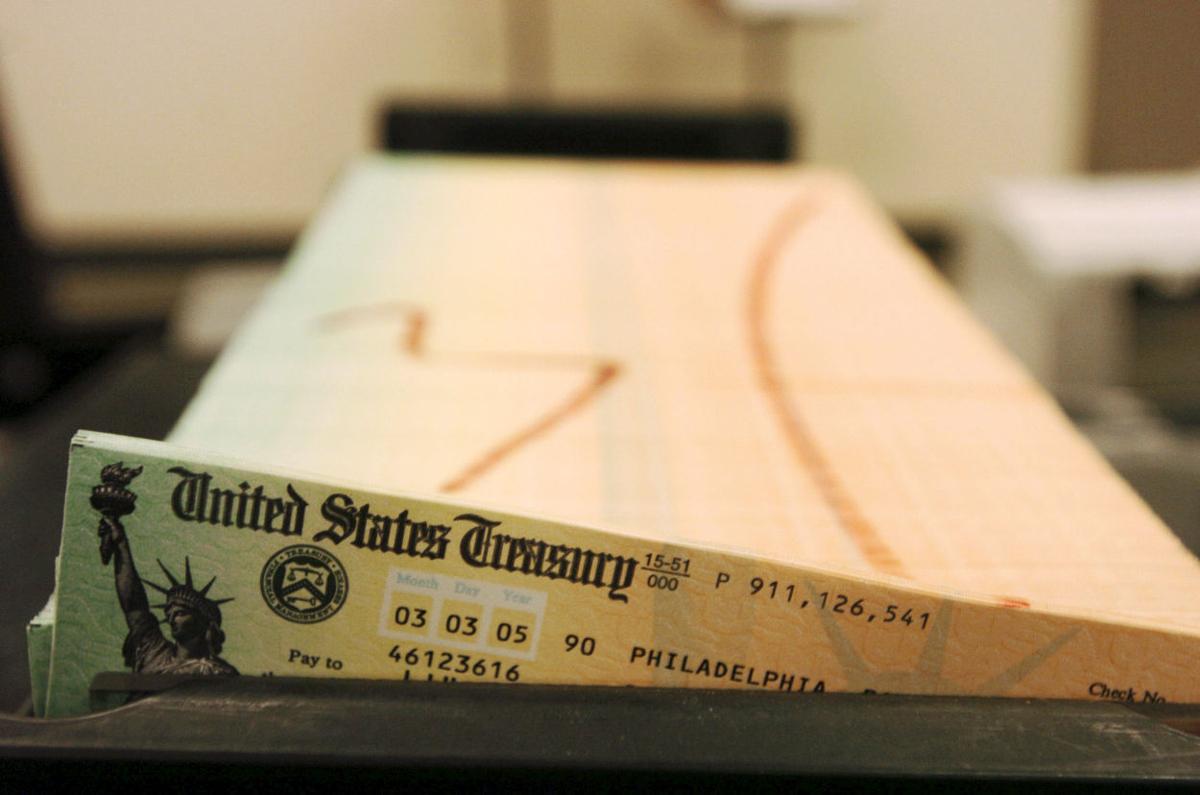People who delay starting their Social Security beyond their full retirement age (currently age 66) get a bonus equal to two-thirds of 1 percent added to their monthly Social Security checks for each month they wait to begin benefits. That comes out to 32 percent if they wait until age 70. (There is no bonus added after age 70.)
The rules regarding this bonus cause lots of confusion with seniors. Today’s questions come from folks who are having trouble understanding this issue.
FYI: Even though I refer to this procedure as a delayed retirement “bonus,” (because, frankly, that’s what it is), the actual term the Social Security Administration uses for the same provision is “delayed retirement credits.” So if you are talking to an SSA rep about this, use their terminology.
Q: I am about to turn 68 years old. I was planning to wait until age 70 to apply for my Social Security. But some family financial issues are causing me to rethink that plan. I was expecting to get a 32 percent bonus by waiting until age 70. Am I going to lose all of that by filing now?
A: It isn’t an “all or nothing” situation. You will lose some of your anticipated bonus but not all of it. As I explained at the beginning of this column, you get a delayed retirement credit equal to two-thirds of 1 percent for each month you delay taking benefits after age 66. So if you file at age 68, you will get 24 months’ worth of credits, or about 16 percent, added to your full retirement rate.
Q: I turned 69 in March 2016 and that is when I applied for my Social Security. I was expecting to get a 24 percent bonus added to my Social Security checks. But it was slightly less than that. When I called the Social Security people to ask why, they couldn’t explain it to me. They said it might be a “computer glitch.” Do you know what is going on?
A: It’s not really a computer glitch, but just a bit of an anomaly in the way these delayed retirement credits are doled out. You generally cannot get delayed retirement credits for a year until that year is over with. You said you were 69 in March of this year. If I am doing the math properly, that means you turned 66 in March 2013. So when applied for your benefits in March, they added in all the credits you were due for 2013, 2014, and 2015. But they can’t give you the delayed retirement credits for 2016 until next year. So sometime in 2017, you will get a little boost in your Social Security check to add in the credits you are due for those first couple of months this year.
Q: I have been waiting until I am 70 to start my Social Security. I turn 70 on June 28. You previously told me that I could file my Social Security retirement claim now and that I should tell the Social Security clerk I want my benefits to start in June. But when I talked to a rep on the phone, he told me that if I wanted my full array of delayed retirement credits, I must wait until July to sign up. I want all the credits I can get. So should I wait until July?
A: No. You should call the Social Security people back and tell them you want your benefits to start in June.
As I said previously in this column, the rules say you get a delayed retirement credit of two-thirds of 1 percent for each month you delay benefits after age 66. That comes out to a 32 percent increase if you wait until age 70. And the rules further say that you earn those credits up to the month before the month you reach age 70.
In other words, the last DRC you will get is for May 2016. So you can and should ask for your benefits to begin in June.
Q: I started my Social Security benefits when I was 70. I am getting $2,970 per month. My wife is 66 and never worked outside the home. So she is supposed to get half of my Social Security, or $1,485. But she is getting about $300 less than that. What is going on?
A: This is one of the Social Security provisions I’ve never understood. So I can explain it to people, but I can’t give the rationale behind the rule. And what that rule says is that a wife does not share in the delayed retirement bonus added to a retiree’s Social Security check. Her rate is based on your full retirement age benefit, not on the bonus-augmented Social Security rate you are actually getting.
Using my little desktop calculator, I’m guessing your full retirement age benefit rate is about $2,250. And half of that is $1,125, and I’ll bet that is what your wife is correctly getting from your Social Security account.
That’s the bad news. But pay attention to the answer to the next question for a bit of good news.
Q: I’m trying to do some estate planning for my wife. I took my Social Security at age 70. I am now 84 years old. I am getting $3,100 per month. My wife is 81. She gets her own Social Security check of $2,100 per month. If I die, what will she start getting from Social Security?
A: The “good news” I mentioned in my answer to the prior question is that the benefit rate payable to a widow includes the delayed retirement bonus. (Why a widow shares in the bonus but a wife doesn’t is something I can’t explain.) So if you were to die tomorrow, your wife would start getting $3,100 per month. Or to be more precise, she would keep getting her $2,100 retirement check, and then she would get an extra $1,000 on your account to take her total benefits up to your current $3,100 level.







